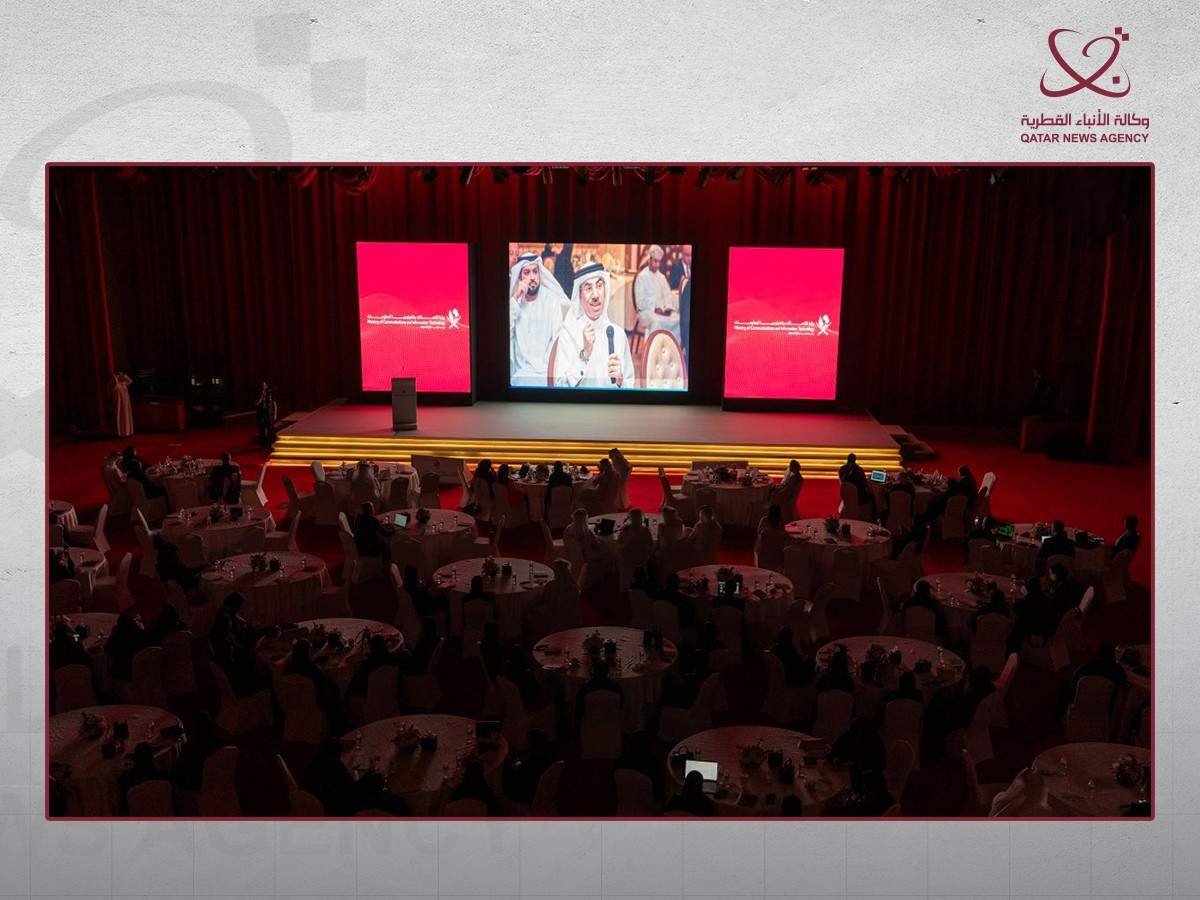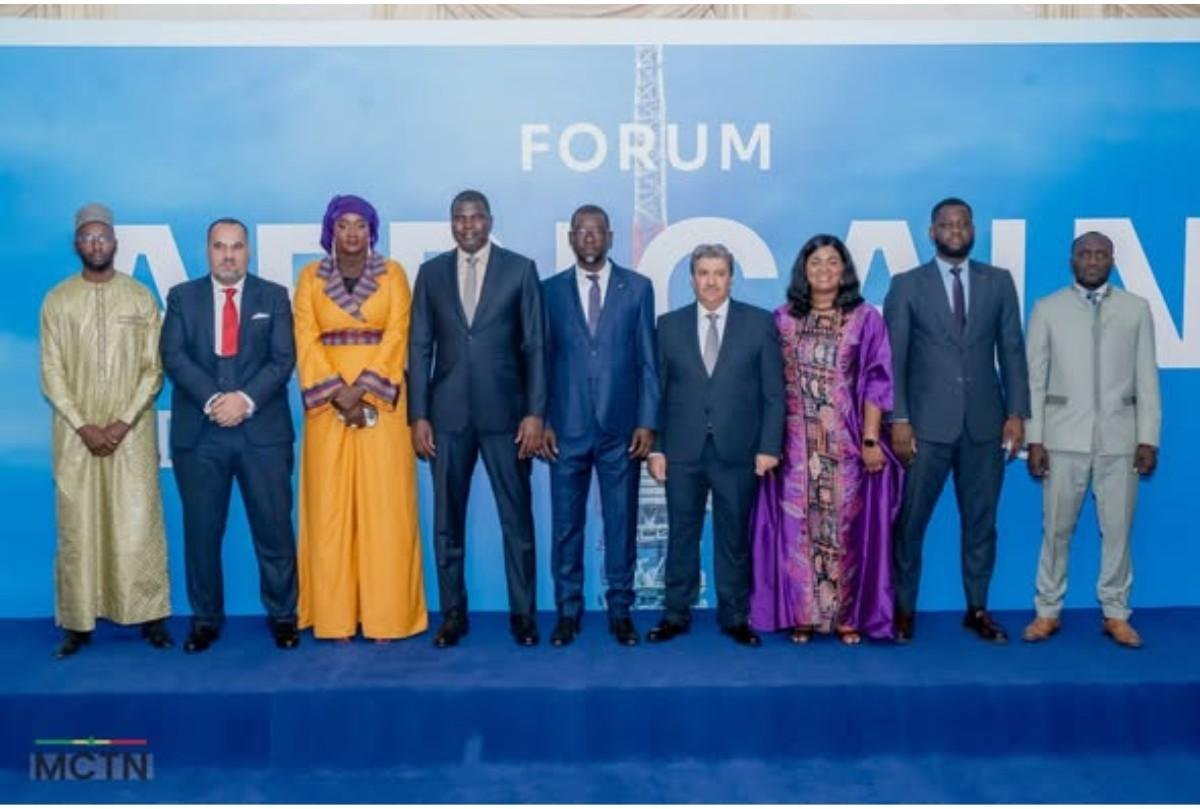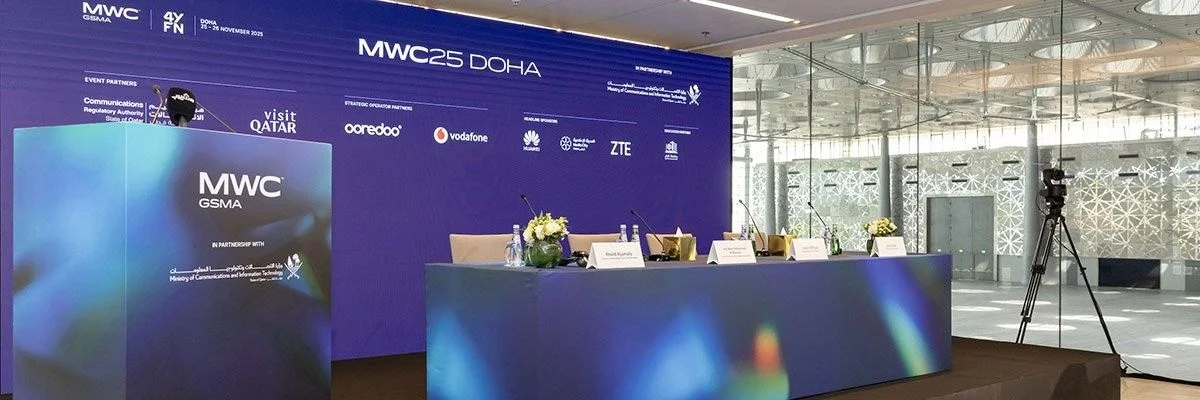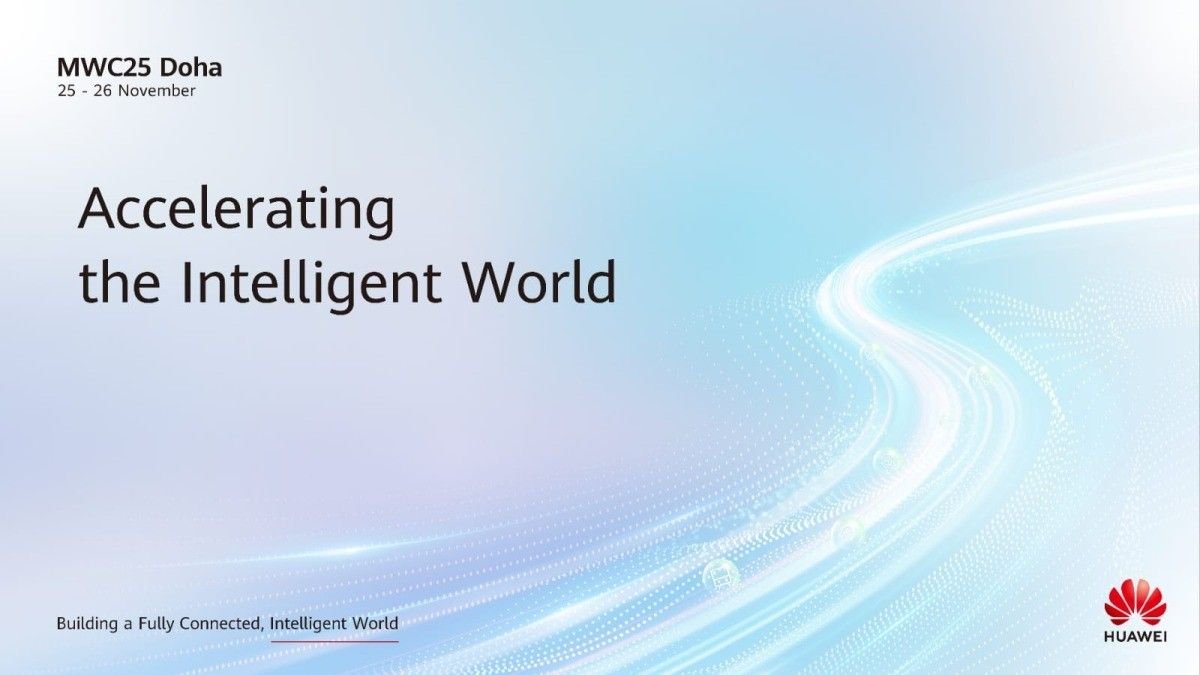Qatar has launched the 2nd edition of the e-government workshop for the Middle East and North Africa (MENA) region, organized by the Ministry of Communications and Information Technology (MCIT) in cooperation with the United Nations Department of Economic and Social Affairs (UN-DESA). The two-day workshop, held in Doha, brought together representatives from the UN, Arab countries, Gulf Cooperation Council (GCC) nations, and other regional states, along with experts and international organization delegates.
The workshop aims to develop a methodology for evaluating the E-Government Development Index (EGDI) that reflects regional contexts and adapts to rapid technological advancements. The event fosters cooperation among participating countries, enabling them to exchange best practices and experiences in digital transformation to enhance e-government performance and achieve sustainable digital development.
In her opening speech, Mashael Ali Al Hammadi, Assistant Undersecretary for Digital Government Affairs at MCIT, emphasized Qatar’s commitment to advancing digital governance standards regionally and internationally. She highlighted the significance of strengthening international cooperation to expand the impact of digital transformation, supporting sustainable development goals and promoting digital inclusion.
Al Hammadi also noted that the workshop aligns with the Digital Agenda 2030, Qatar’s national roadmap for building a connected digital government. This initiative focuses on establishing modern digital infrastructure, supporting a digital economy, and creating a society capable of innovation and leadership amid global technological changes. She also mentioned that Qatar, through MCIT and in collaboration with Hamad Bin Khalifa University, had prepared the Arabic and French editions of the EGDI 2024 report, alongside contributing to the Spanish edition prepared by Uruguay. These efforts reflect Qatar’s commitment to supporting universal access to digital knowledge and enhancing multilingualism in global digital content.
The Assistant Undersecretary also pointed out the significant progress made since the first edition of the workshop in March 2023, with notable advancements in digital transformation regionally and globally, as evidenced by the release of the 2024 UN E-Government Survey. This survey introduces more advanced indicators and standards, reinforcing collective efforts towards a sustainable digital future.
Vincenzo Aquaro, Chief of Digital Government at UN-DESA, attended virtually and stressed the importance of strengthening regional cooperation in digital transformation. He emphasized the role of digital transformation indicators in helping countries achieve comprehensive and sustainable digital change. Aquaro also commended Qatar’s digital transformation efforts, recognizing the country as a model, alongside other successful GCC nations. However, he noted that some countries have made remarkable progress, while others are yet to adopt digital transformation strategies, highlighting the need for collective action to bridge the gap.
The workshop’s first day featured several panel discussions, addressing the progress of digital transformation in the MENA region, regional collaboration, and major GCC achievements in e-government. The discussions also included joint GCC efforts to improve the digital government index.
Farha Muhanna Al Kuwari, Director of Digital Transformation Excellence at MCIT, opened the workshop by emphasizing the importance of discussing the challenges MENA countries face in digital transformation, as well as sharing best practices and success stories in the field.
Qatar’s efforts were further highlighted by its remarkable improvement in the EGDI 2024, ranking 5th globally in terms of index growth rate. The country climbed 25 positions, from 78th to 53rd place, among the 193 countries evaluated. The EGDI is a composite index published by UN-DESA that measures how effectively governments use e-services to improve the lives of individuals and businesses.
In collaboration with the Ministry of Education and Higher Education (MOEHE), the National Planning Council (NPC), the Communications Regulatory Authority (CRA), and other government entities, MCIT has implemented 29 integrated projects across six key pillars. These initiatives are designed to position Qatar among the top-ranked nations in the EGDI by 2030, in line with the objectives of the Digital Agenda 2030, aiming for an advanced and sustainable digital infrastructure that enhances the efficiency and effectiveness of online services in the country.















